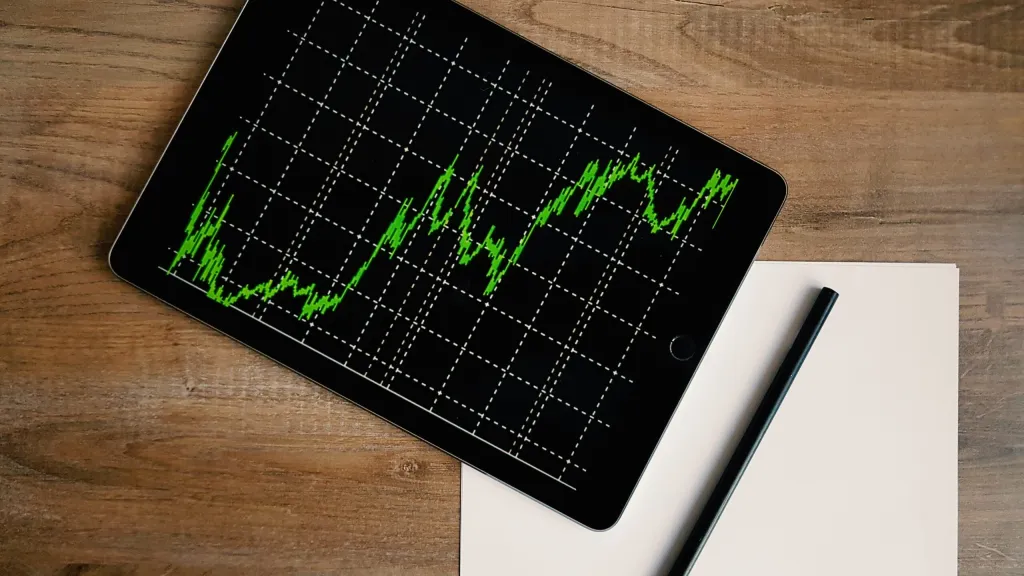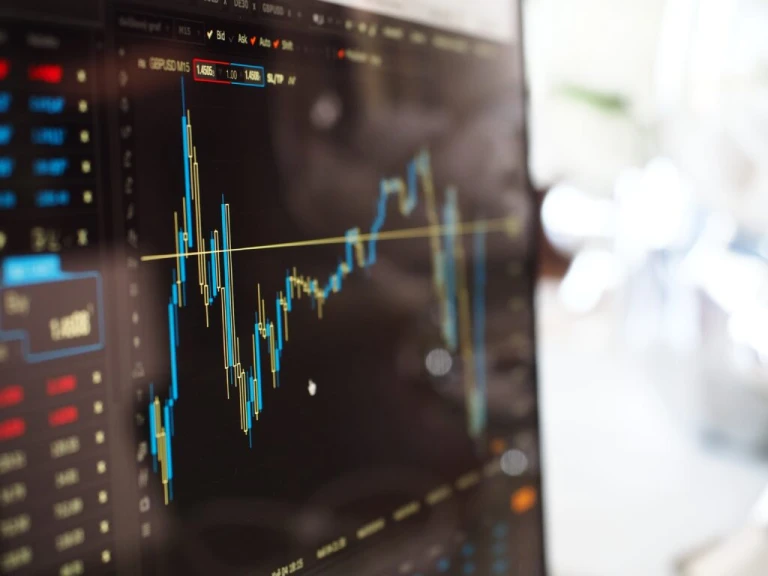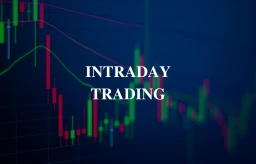What is After-Hours Trading? How does it work?

After-hours trading is the period of time after the stock market has closed and during which trading of stocks can still occur. This type of trading used to only be available to institutional investors and professional traders, but now anyone with an online broker can participate. While the stock market is open for six and a half hours per day (9:30 AM to 4:00 PM EST), you are only able to place orders during that time. It allows you to place orders at any time outside of those hours.
What is After-Hours Trading?
After-hours trading is a type of securities trading that occurs outside of the traditional 9:30 am-4:00 pm stock market hours. This can take place between 4:00 pm and 8:00 pm EST, but may also occur earlier or later depending on the exchange.
There are a few different ways to participate in after-hours trading. The first is through electronic communication networks (ECNs), which are typically available to institutional investors and large brokerages. ECNs allow traders to anonymously match buy and sell orders outside of regular stock market hours.
The second way to participate in after-hours trading is through direct access brokers (DABs). DABs offer individual investors direct access to the various exchanges’ order books. This means that you can place an order to buy or sell a security at any time during these hours.
Finally, some online brokerages offer extended-hours trading platforms that allow their customers to trade during extended hours. These platforms typically have lower fees than ECNs and DABs, but may not offer the same level of liquidity or support.
Whether you’re looking to trade during extended hours for increased liquidity or lower fees, it’s important to understand how after-hours trading works before placing your first order.

How does After-Hours Trading work?
After-hours trading is the period of time after the market has closed when an investor can buy or sell securities. The exact hours vary by exchange, but generally, the New York Stock Exchange’s (NYSE) after-hours trading session runs from 4:00 pm to 8:00 pm EST.
There are a few things to keep in mind before participating in after-hours trading. First, not all stocks trade in the after-hours session. Second, liquidity – or the number of buyers and sellers – is usually lower during after-hours trading, which can result in wider spreads between bid and ask prices. That means it may cost more to buy a stock during the after-hours session than it would during regular market hours.
Generally speaking, there are two ways to participate in after-hours trading: through a broker that offers extended hours trading or by placing an order directly with the company whose stock you want to buy or sell (known as direct access).
If you’re considering participating in it, be sure to do your homework first. Familiarize yourself with the risks involved and make sure you understand how extended hours trading works.
What are the advantages of After-Hours Trading?
There are several advantages to this type of trading:
1. It provides investors with the opportunity to trade stocks outside of regular market hours. This can be beneficial for those who work during regular market hours and are unable to trade during the day.
2. It also allows investors to react quickly to news events that occur after the market closes. For example, if a company releases positive earnings results after the market closes, investors may want to buy shares of that stock in the after-hours session in order to take advantage of the news.
3. Lastly, it provides investors with increased liquidity as there are typically more buyers and sellers in the market during this time. This can result in better prices for both buyers and sellers.
What are the risks associated to After-Hours Trading?
The risks associated with after-hours trading are numerous and should be carefully considered before engaging in this type of trading. After-hours trading can be more volatile than regular trading, as there are typically fewer participants in the market. This can lead to wider price swings and more difficulty in executing trades. In addition, news that comes out after the markets have closed can drastically impact the prices of securities in after-hours trading, making it even more difficult to predict price movements.
Another risk to consider is the lack of liquidity. Because there are fewer participants, it can be more difficult to find buyers or sellers for certain securities. This can result in higher transaction costs, as well as greater price volatility.
Finally, it is important to remember that not all brokerages offer the services to trade after hours. And even for those that do, not all securities may be available to trade during extended hours. So it is important to check with your broker before attempting to trade any security outside of regular market hours.
What is the difference between After-Hours Trading and Standard Trading?
When it comes to the stock market, there are two different types of trading: after-hours trading and standard trading. So, what is the difference between the two?
After-hours trading is when you buy or sell stocks outside of regular market hours. This takes place from 4:00 pm to 8:00 pm EST.
Standard trading hours are from 9:30 am to 4:00 pm EST.
There are a few things to keep in mind if you’re thinking about indulging in the former. First, not all stocks can be traded after hours. Second, the prices you see during these hours may not be the same as the prices during regular market hours. And finally, there may be less liquidity during these hours, which means it could be harder to find buyers or sellers for your stock.
Does After-Hours Trading Affect Opening Price?
If you’re wondering whether this affects the opening price, the answer is yes and no. It all depends on the security being traded and the market conditions at the time.
For example, if a company releases earnings after the close of regular trading hours and the news is good, you would expect to see the stock price rise in after-hours trading. This could result in a higher opening price the next day. However, if the news is bad or there’s some other reason for selling pressure, the stock price could fall during these hours and open lower the next day.
It’s also important to remember that not all stocks are traded in after-hours markets. And even for those that are, liquidity can be low which can make it hard to get your order filled at a reasonable price.









